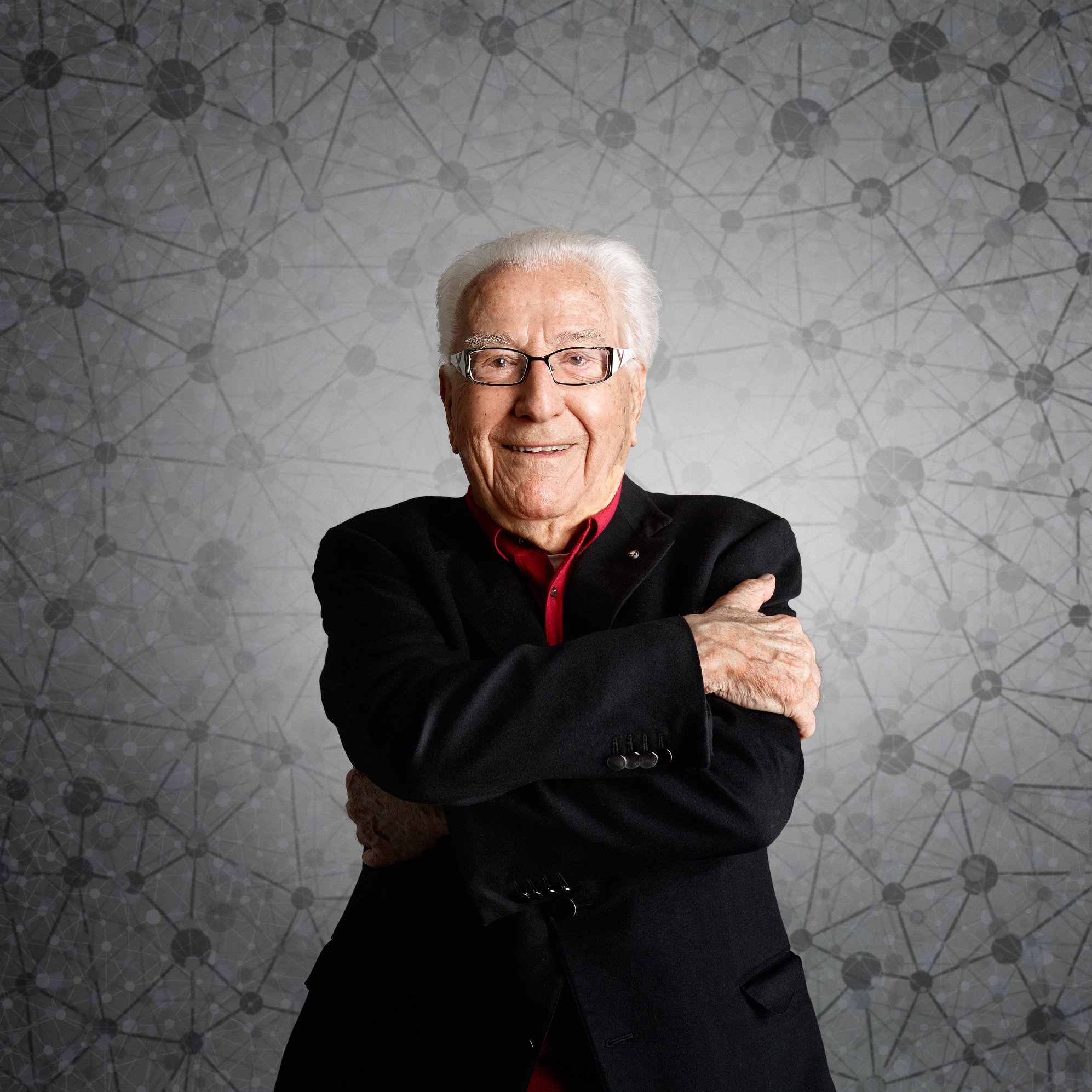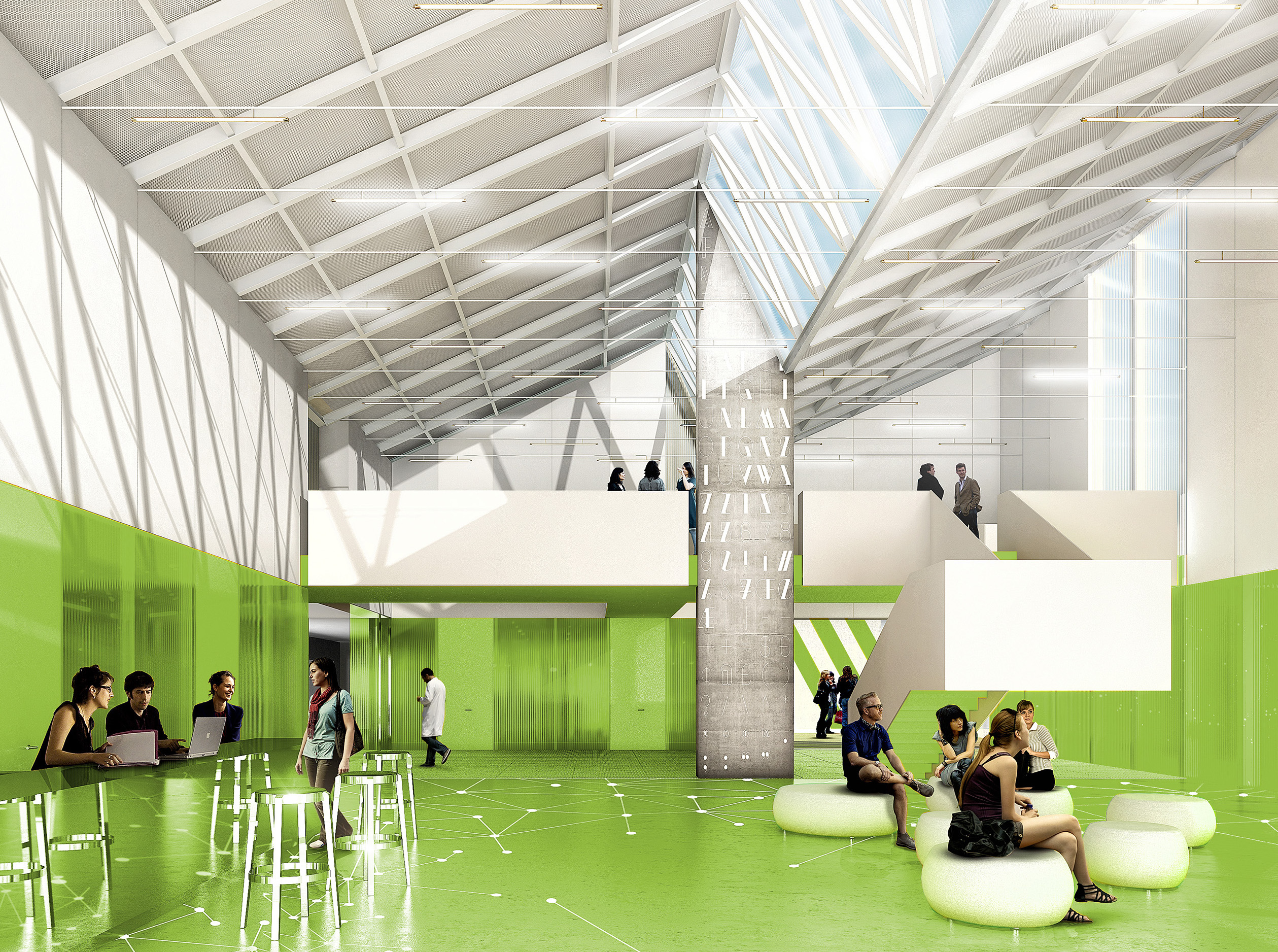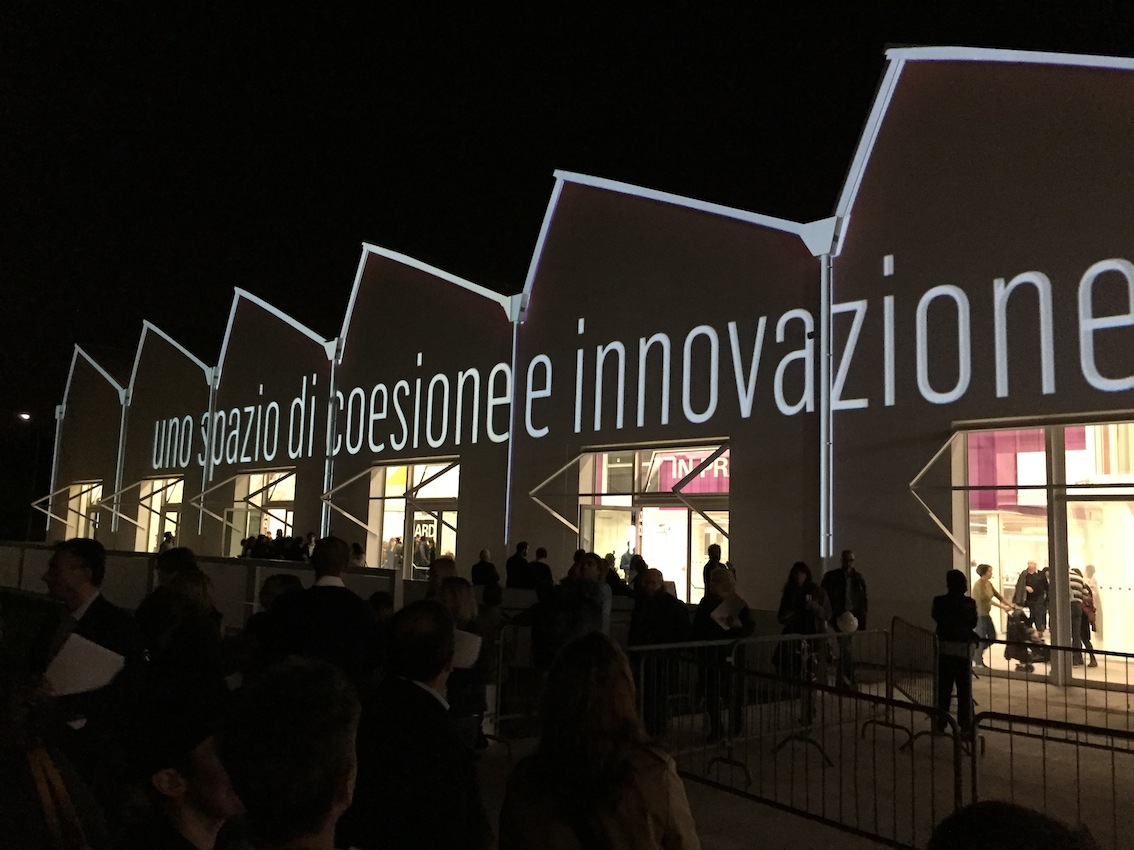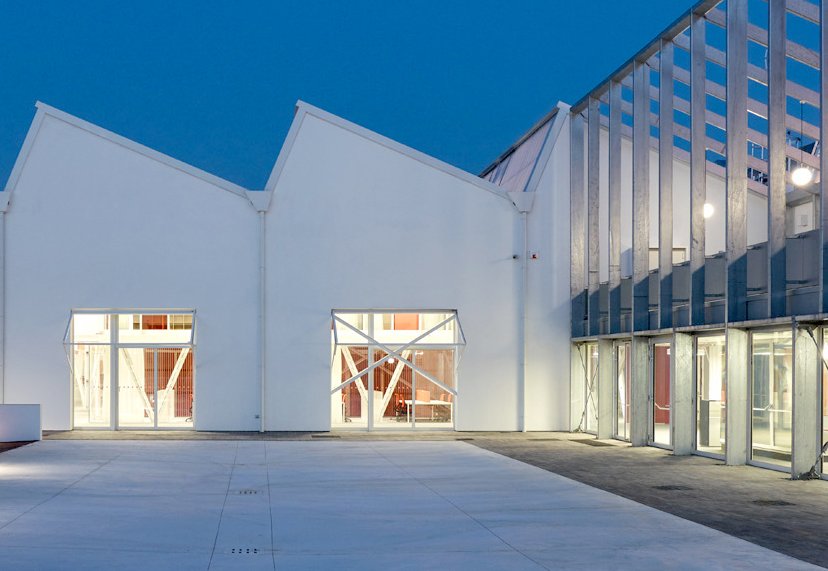Marino Golinelli ‐ the collector who loved to define himself “a researcher” – has passed away. His Foundation and the Opificio describe a life spent between science and art
Some days ago Marino Golinelli passed away at the age of 101. This pharmaceutical entrepreneur of the company Alfasigma ‐ who was a patron and a philanthropist as well ‐ was one of the first members involved in the Consultative Committee of the Peggy Guggenheim Collection in Venice. Along with science, Golinelli thought that art had an essential role to interpret reality. His passion – nurtured together with his wife Paola – led him to increase his personal collection which has literally transformed his own dwelling into an authentic house museum in the heart of Bologna.

Marino Golinelli – Courtesy Artribune
In 1988 he established the Marino Golinelli Foundation aiming to fund new medical structures; he used to organize international conventions and educational programs in order to put in contact biology and Life Sciences with the public, especially the youngest generations.
Starting from 2010 this Foundation launched important partnerships (such as the one with Milan Triennale) which have promoted and put on display exhibition projects where experimentation (due to advanced tech) in the field of contemporary art used to be combined with the necessity to spread scientific concepts. A perfect (almost holistic) match that in 2015 stepped forward with the opening of Opificio Golinelli after a remarkable intervention in terms of urban requalification.

Fondazione Golinelli – Courtesy Fondazione Golinelli
Opificio Golinelli is a pole where knowledge and culture become real standards of innovation and where attention to research, education, training and business are inseparable aspects of the same mission. These years the activities promoted by Opificio have revealed an ongoing tension towards the responsible personal growth of the youngsters that the founder has always held in high regard due to their central importance to shape the future.
For instance, the 2017 exhibition “UNPREDICTABLE, preparing for the future, without knowing what it will be like” can be seen as a sort of pre‐pandemic intuition which, among others, gathered artworks by Tomas Saraceno, Ryoji Ikeda, Olafur Eliasson and Ai Weiwei to reflect upon the vital value of change as an unlimited source of dynamicity and progress.

Opificio Golinelli – Courtesy Artribune
Passion, constant research and forward‐looking vision were the keys of Marino Golinelli’s personal style – one of the very last examples of Italian industrialists who used to conceive culture as an integral part of the core‐business.

